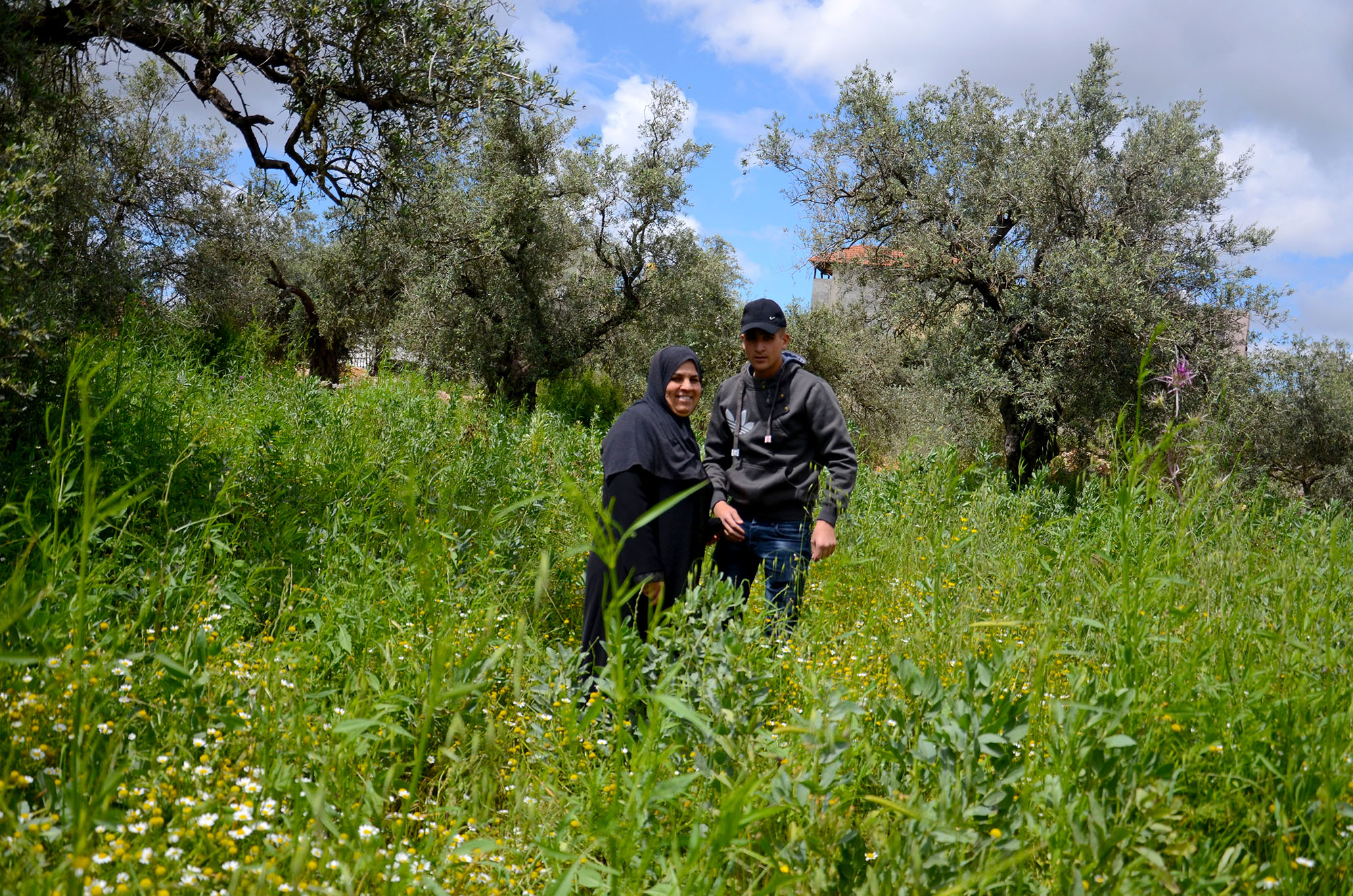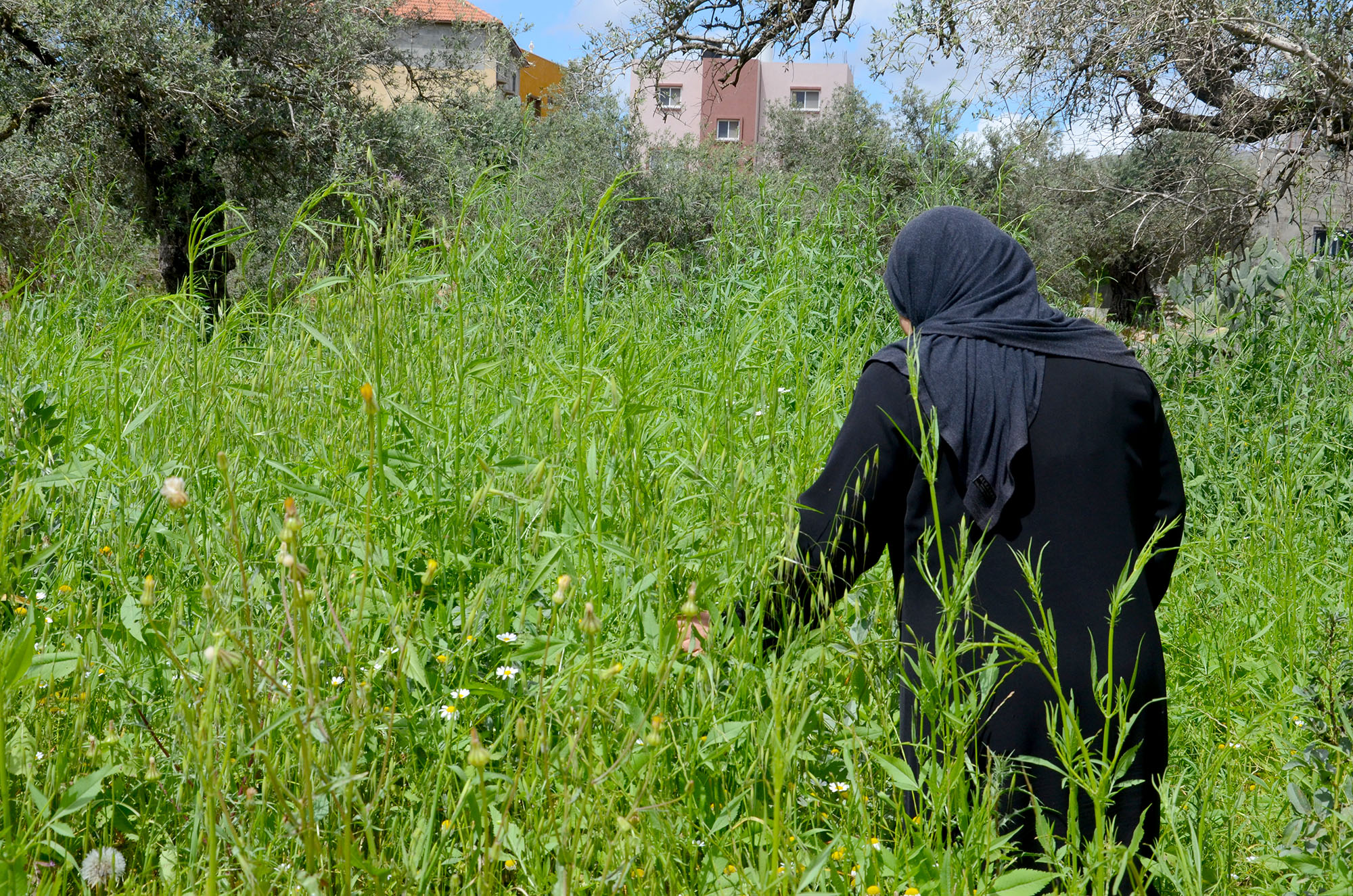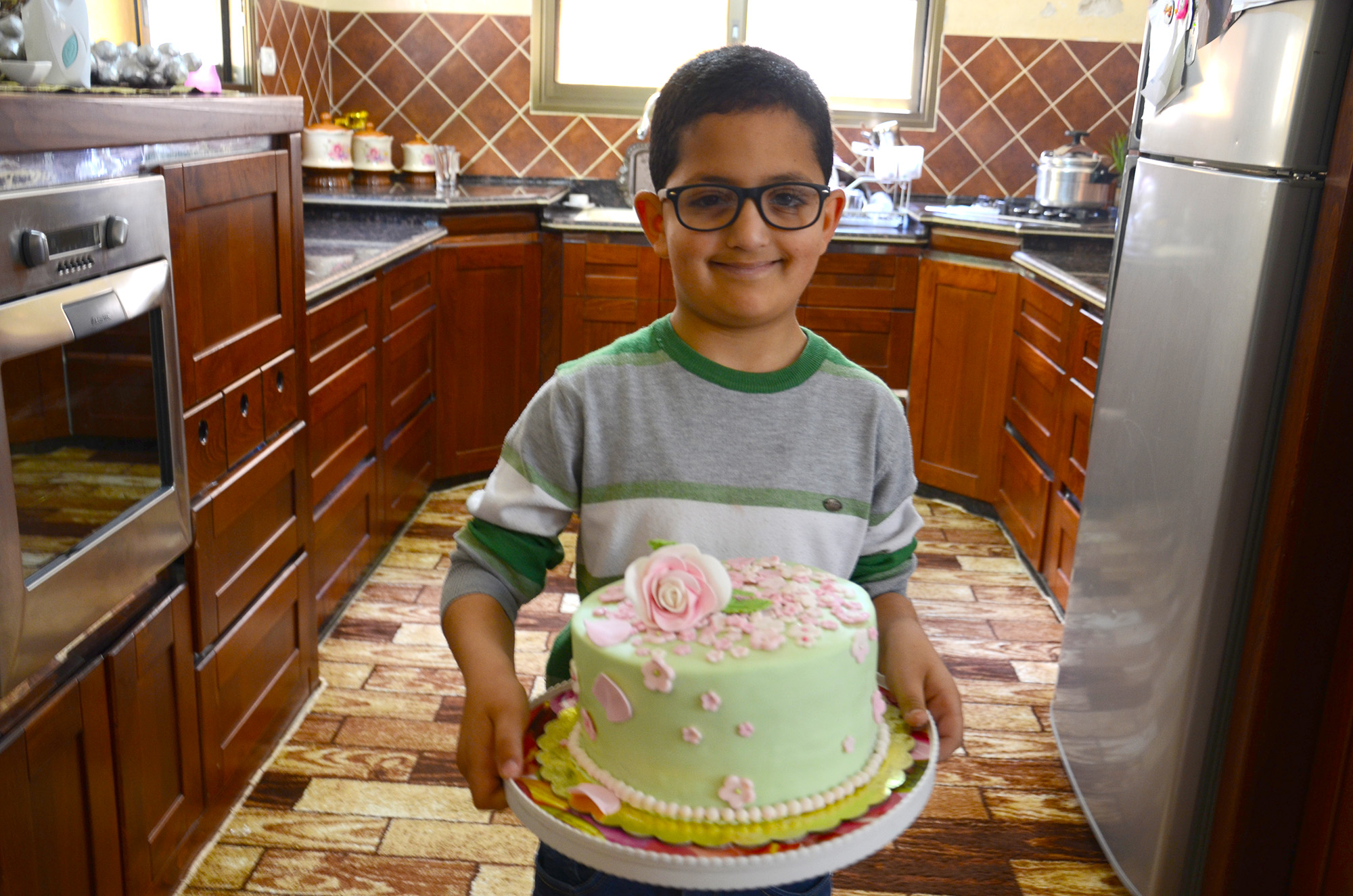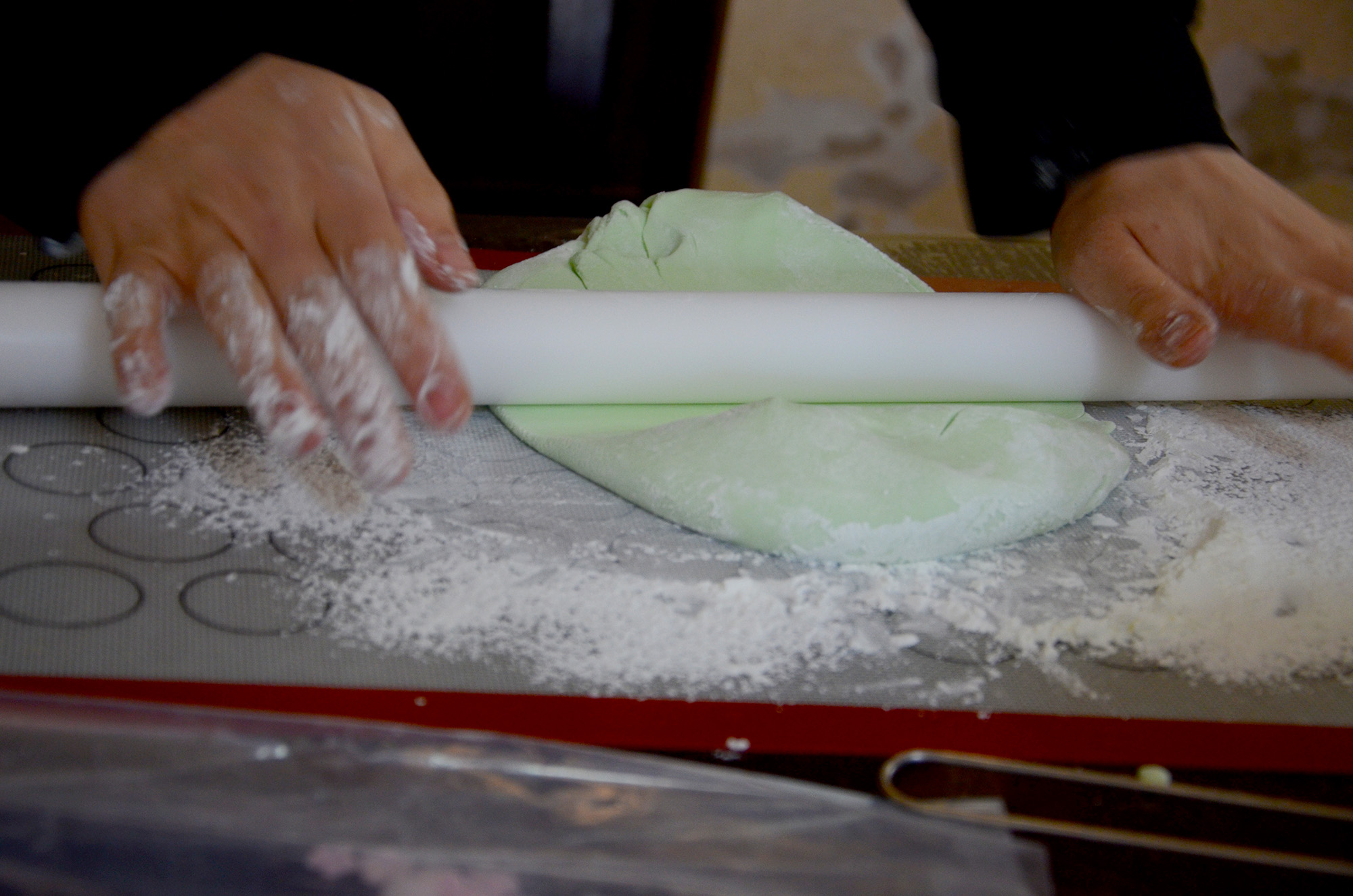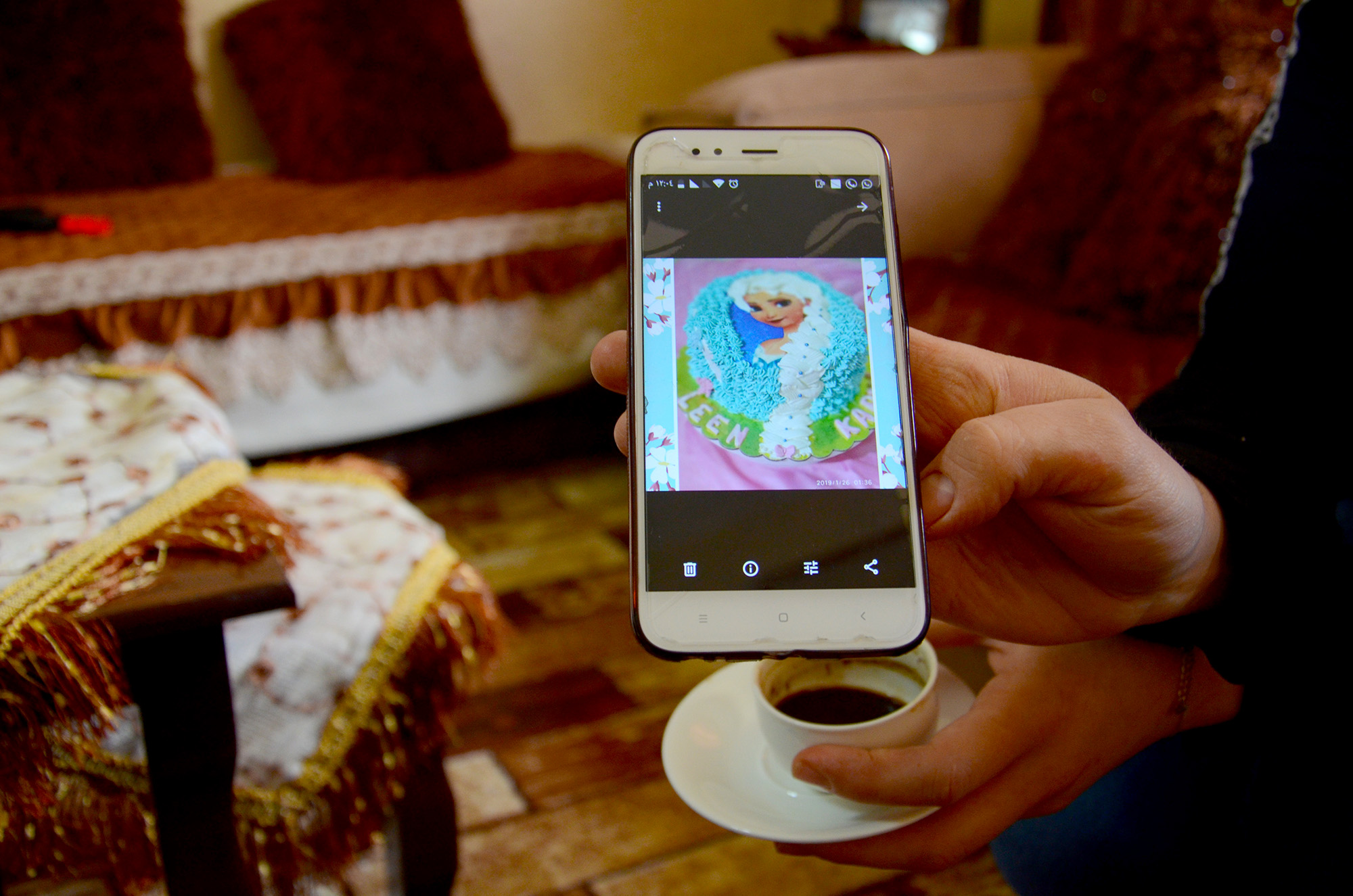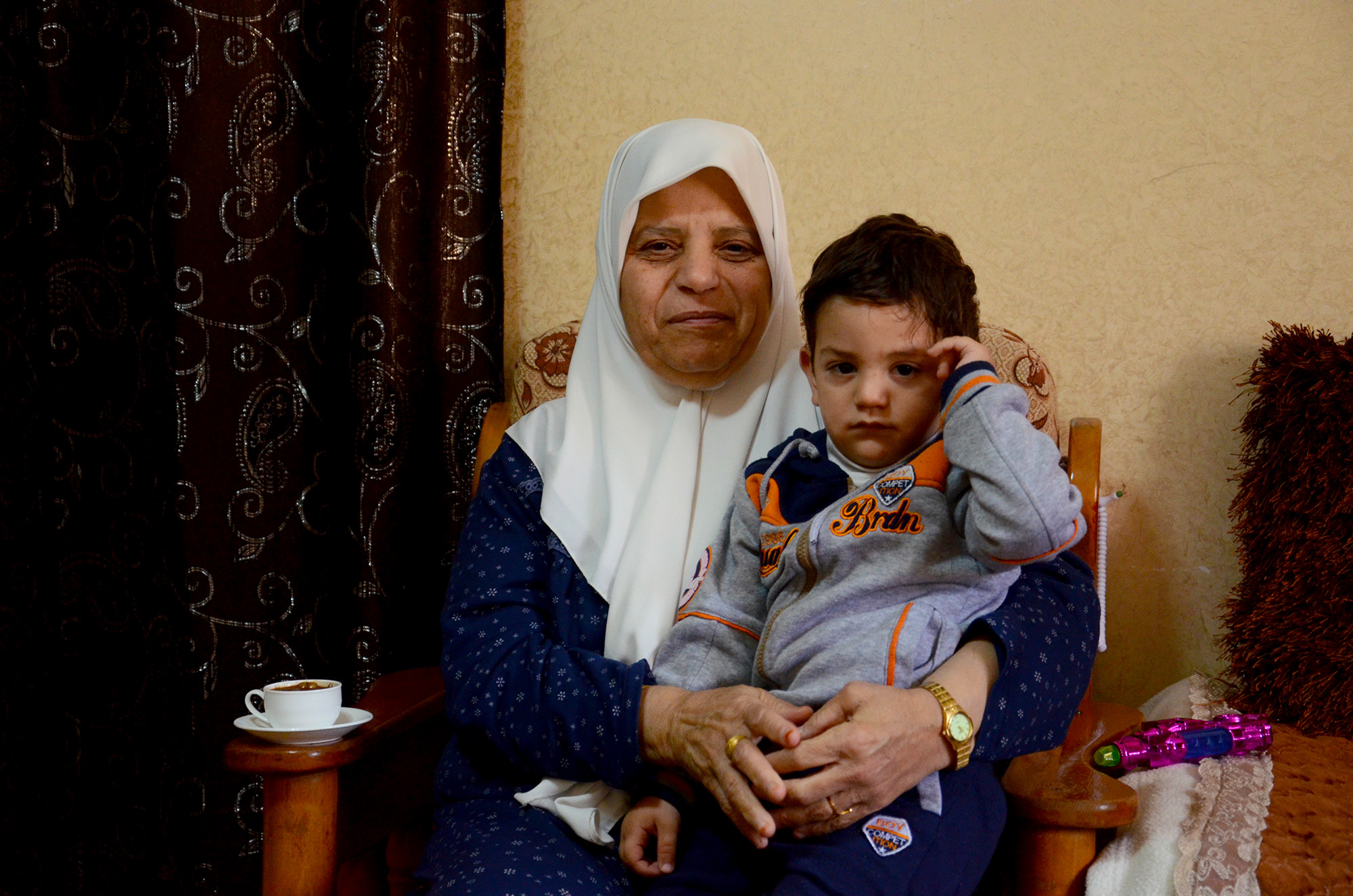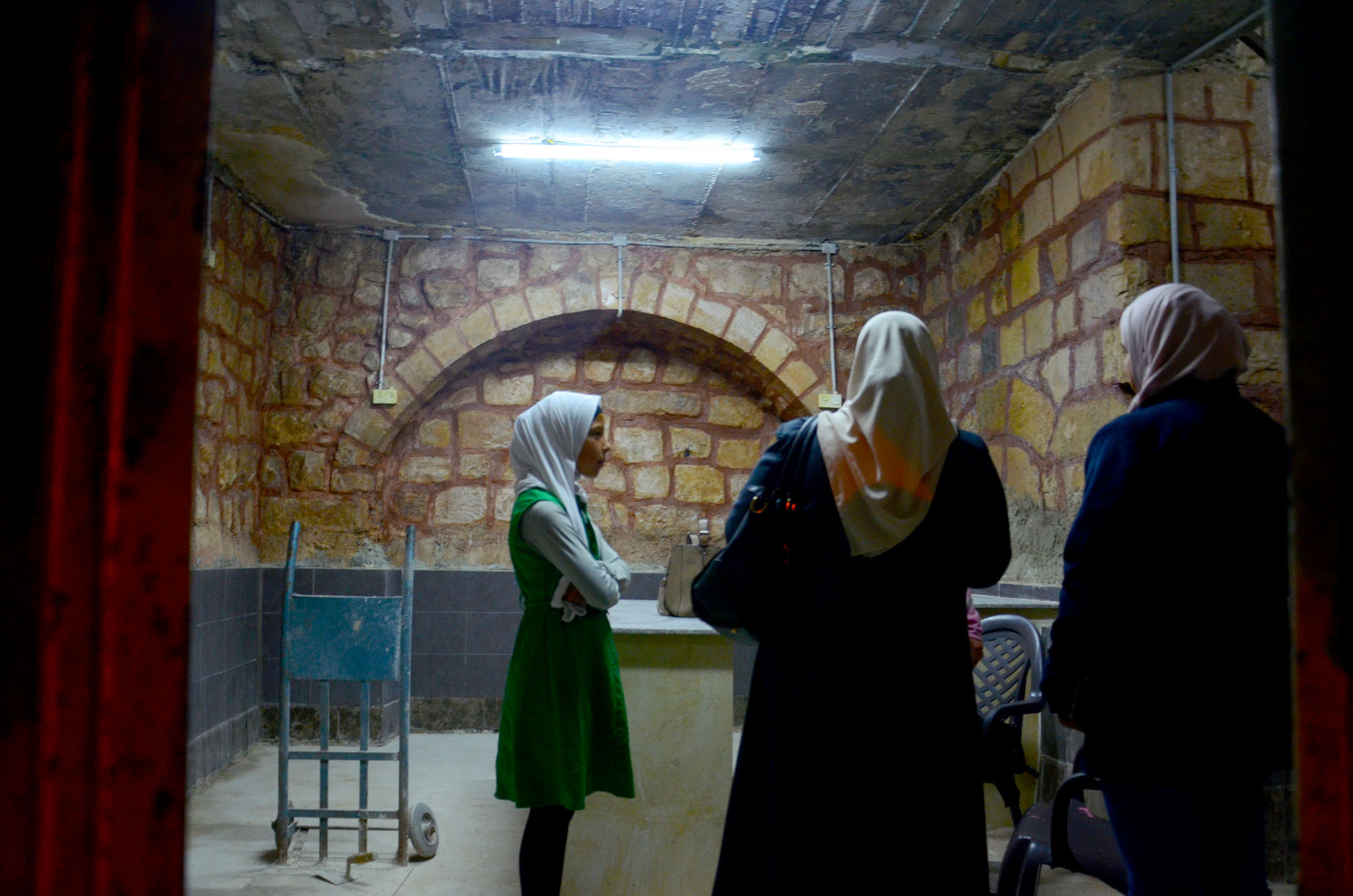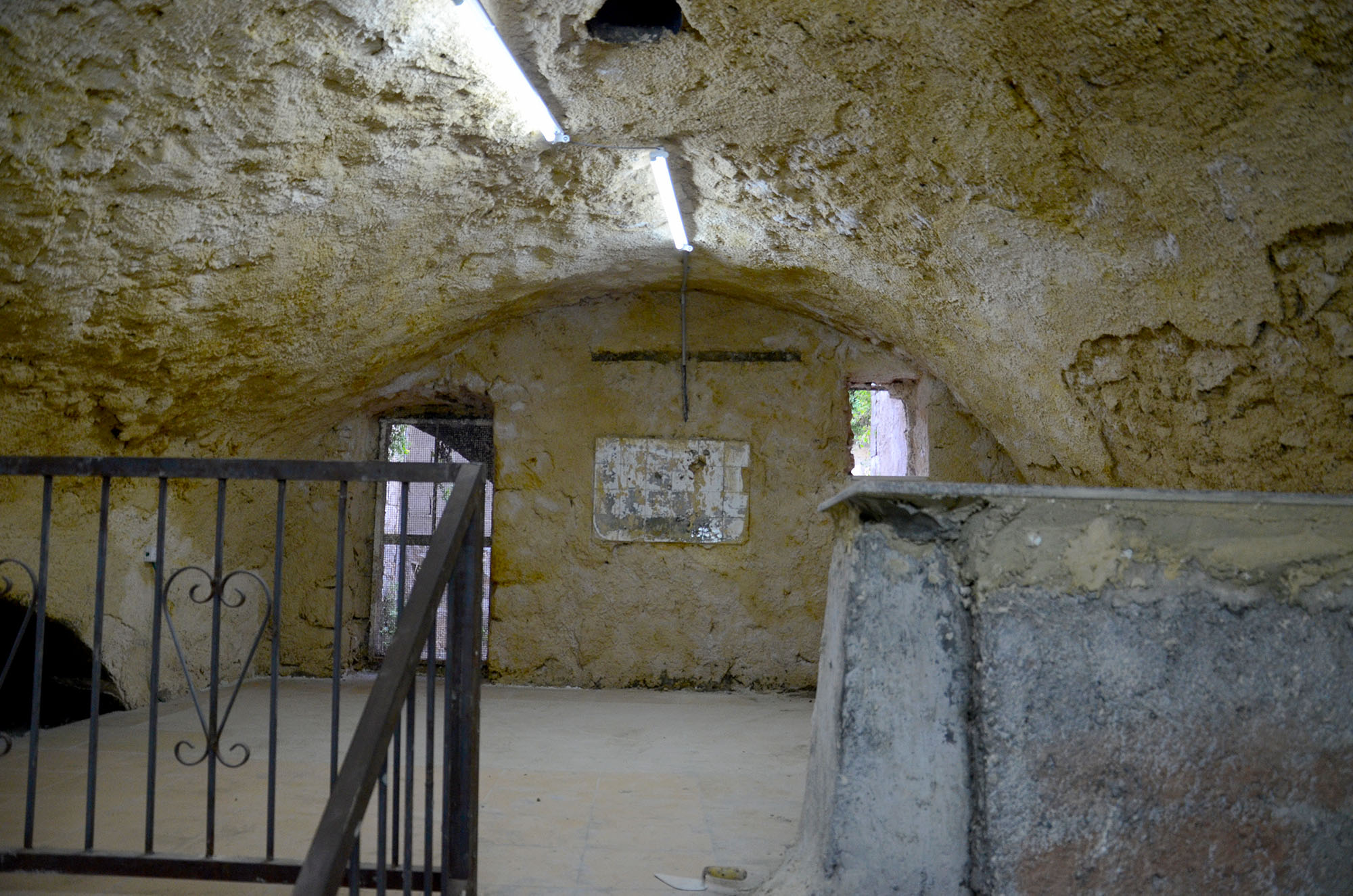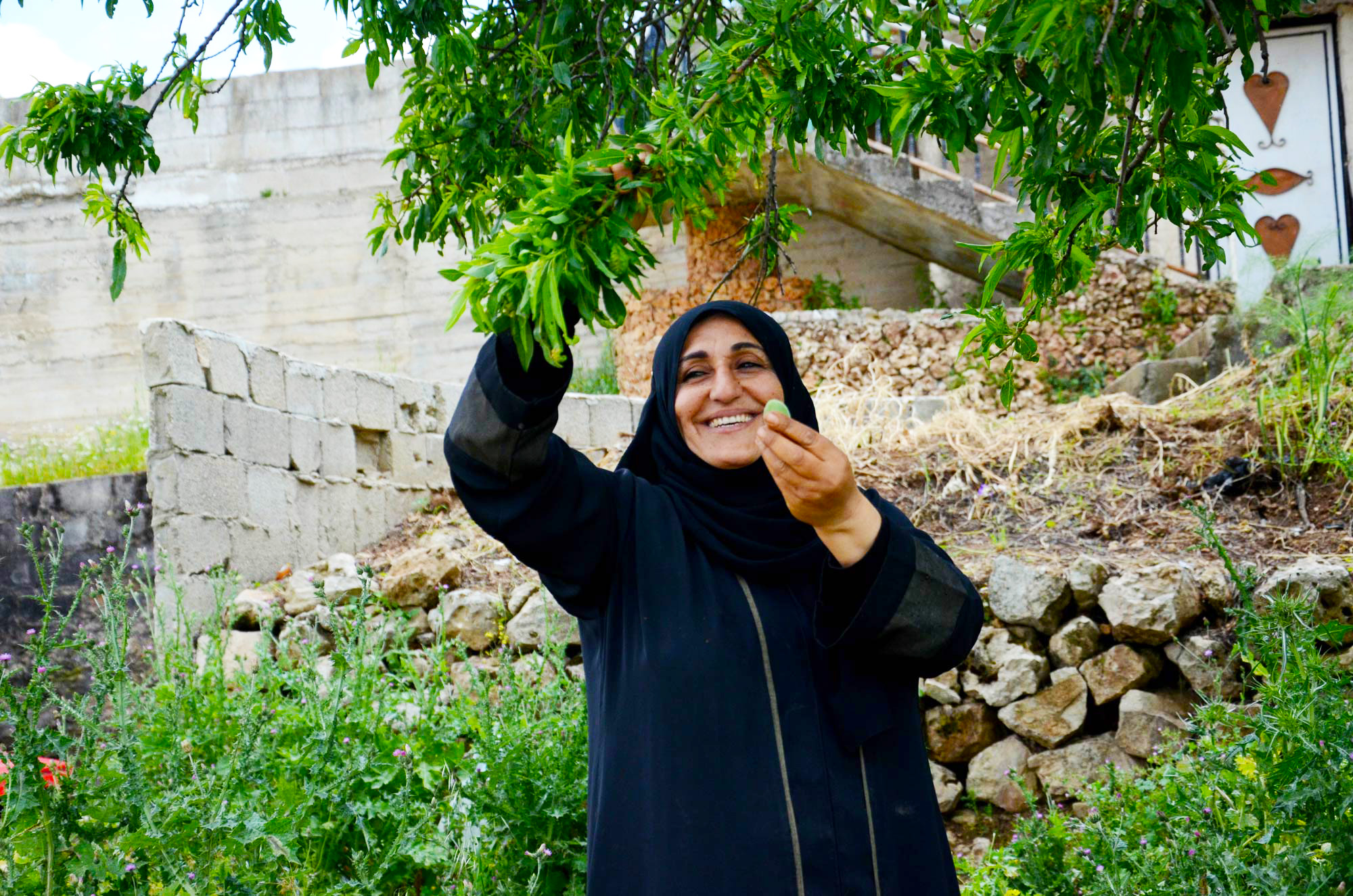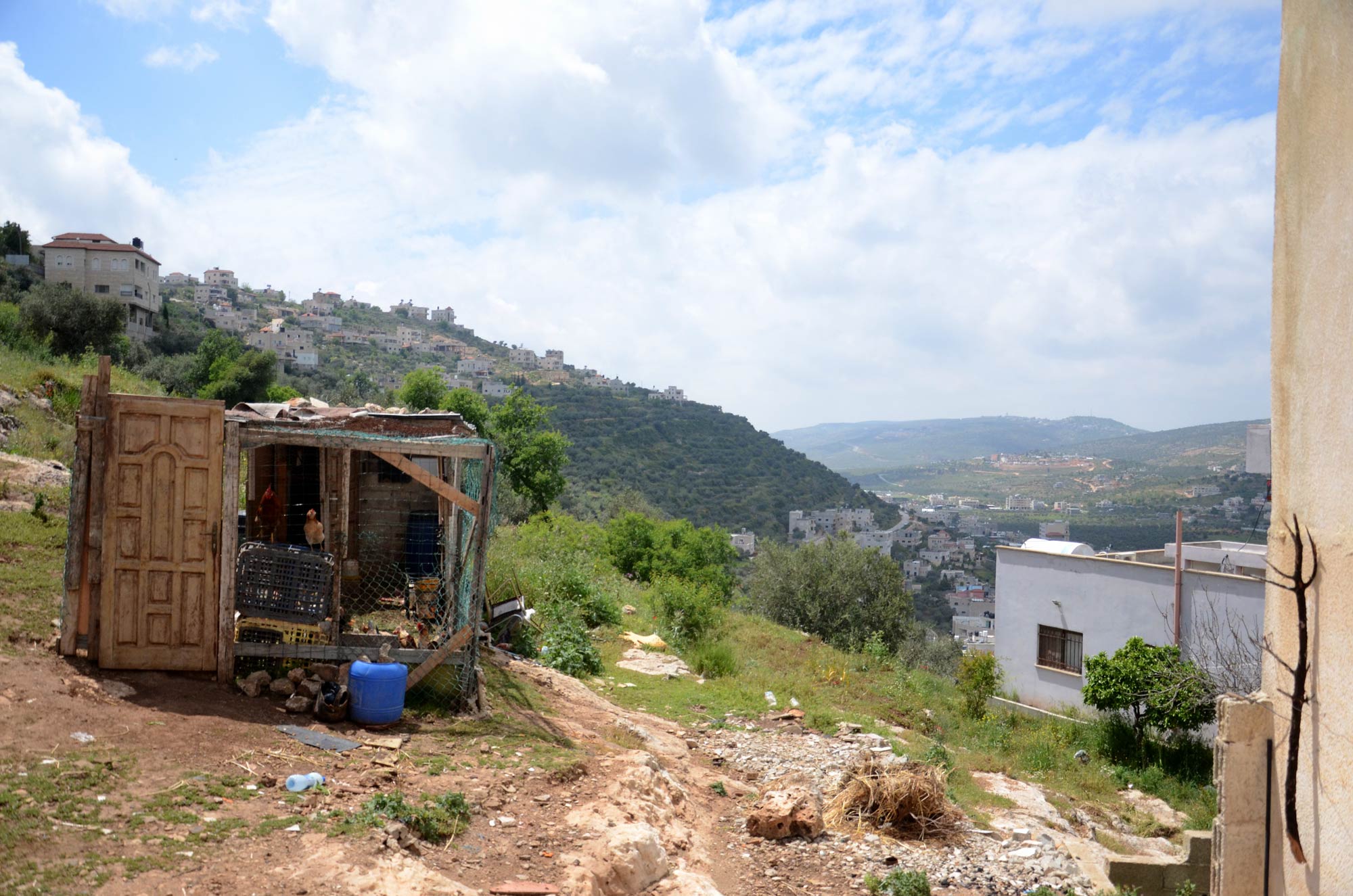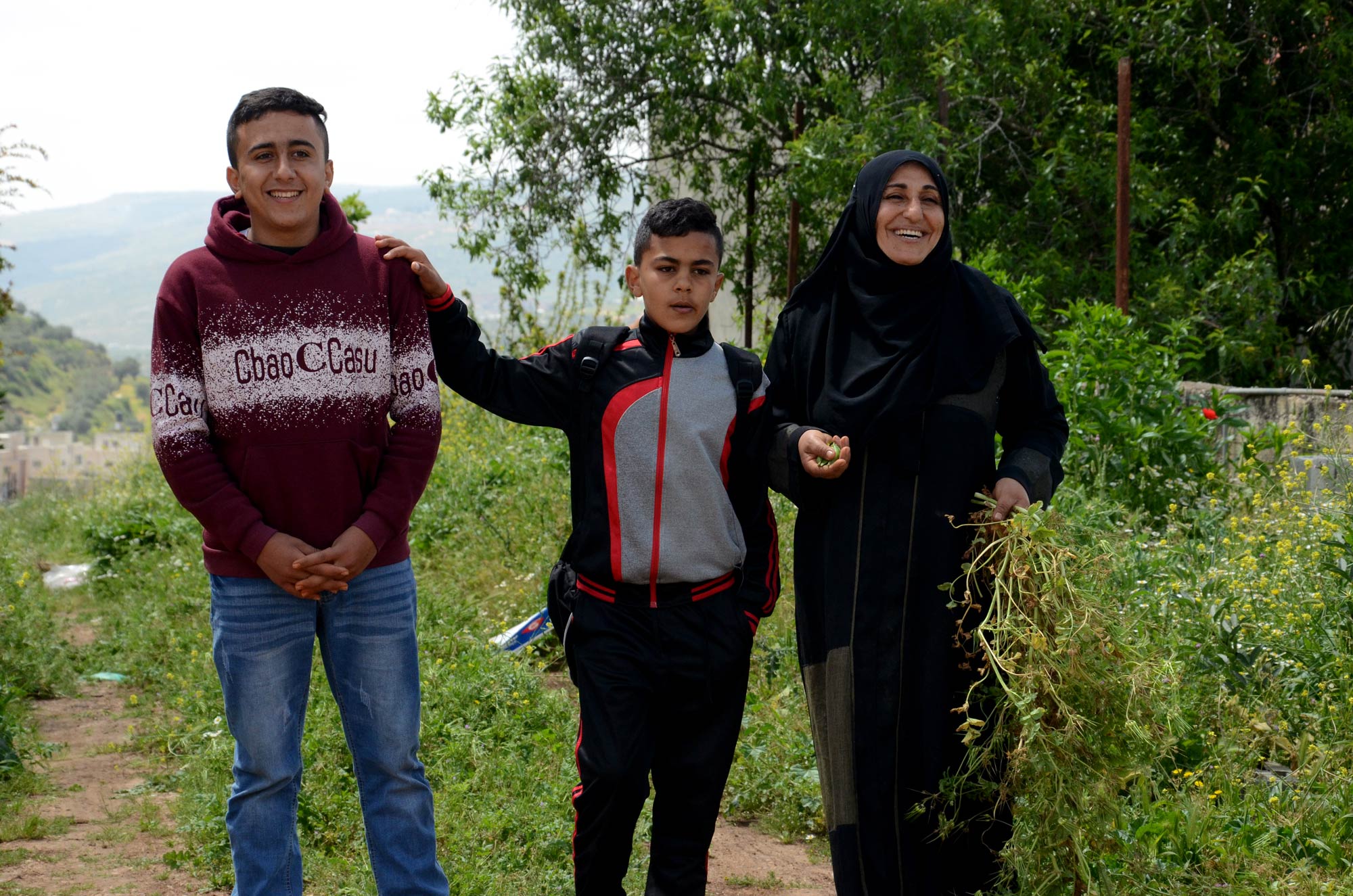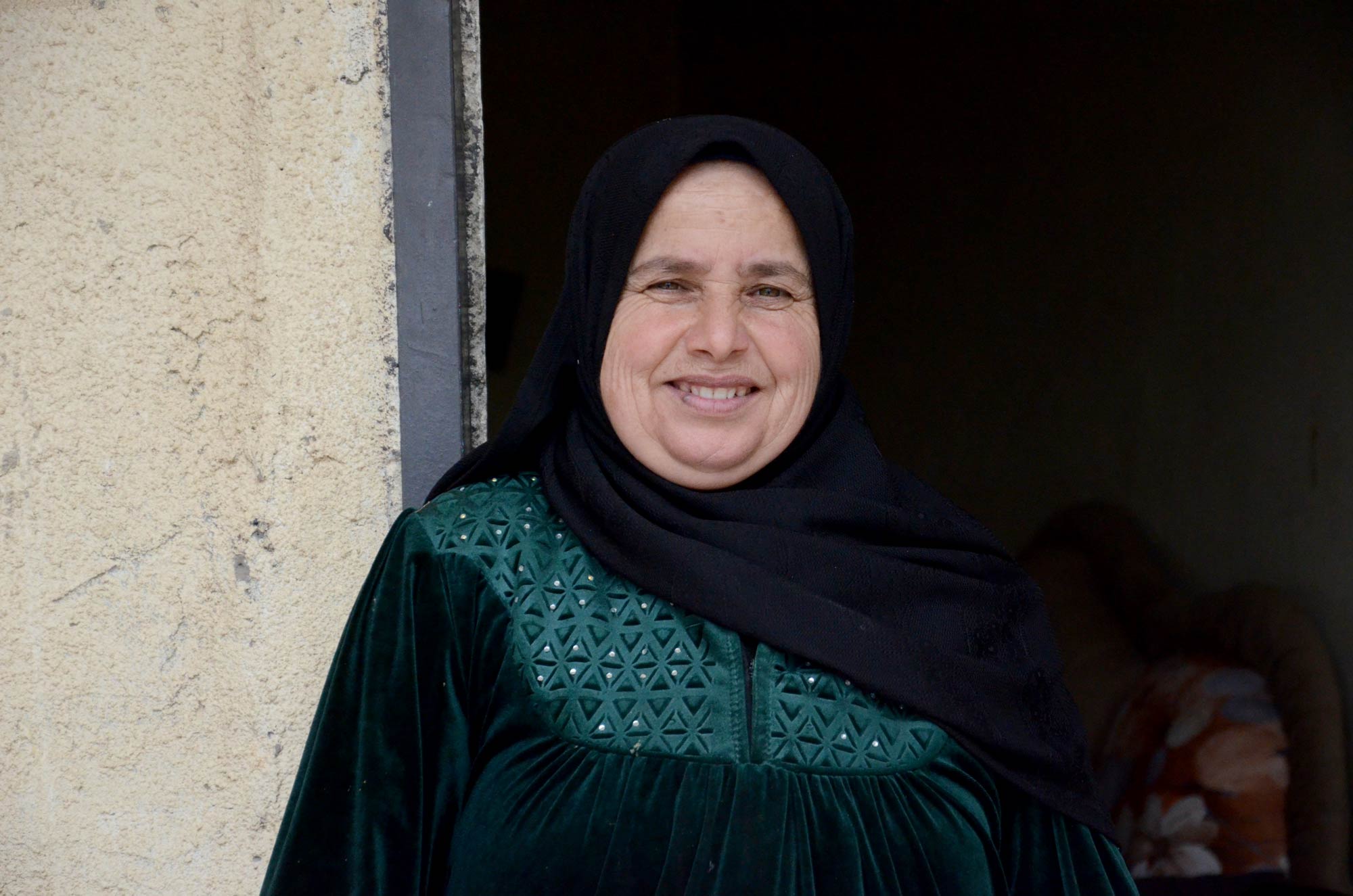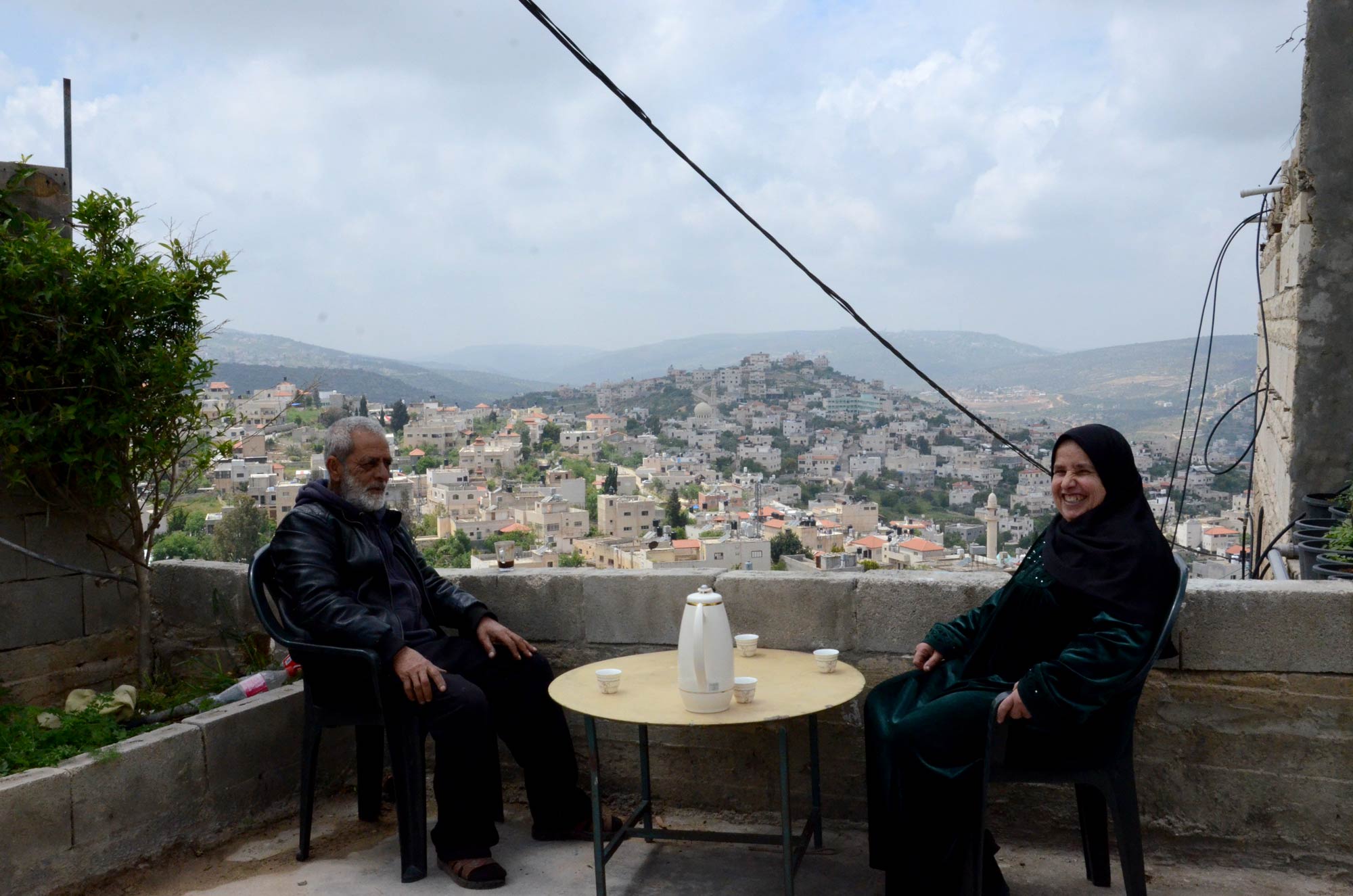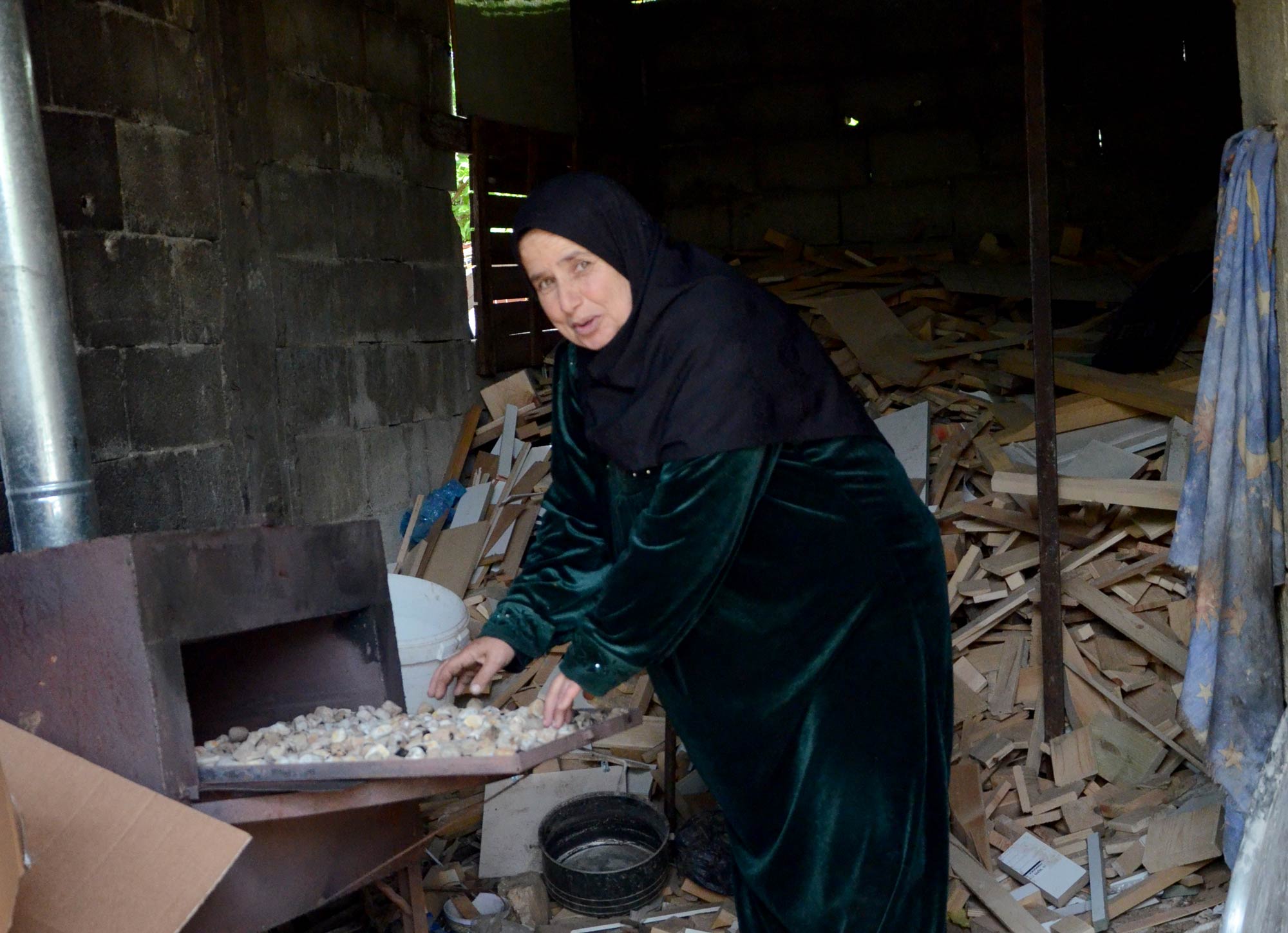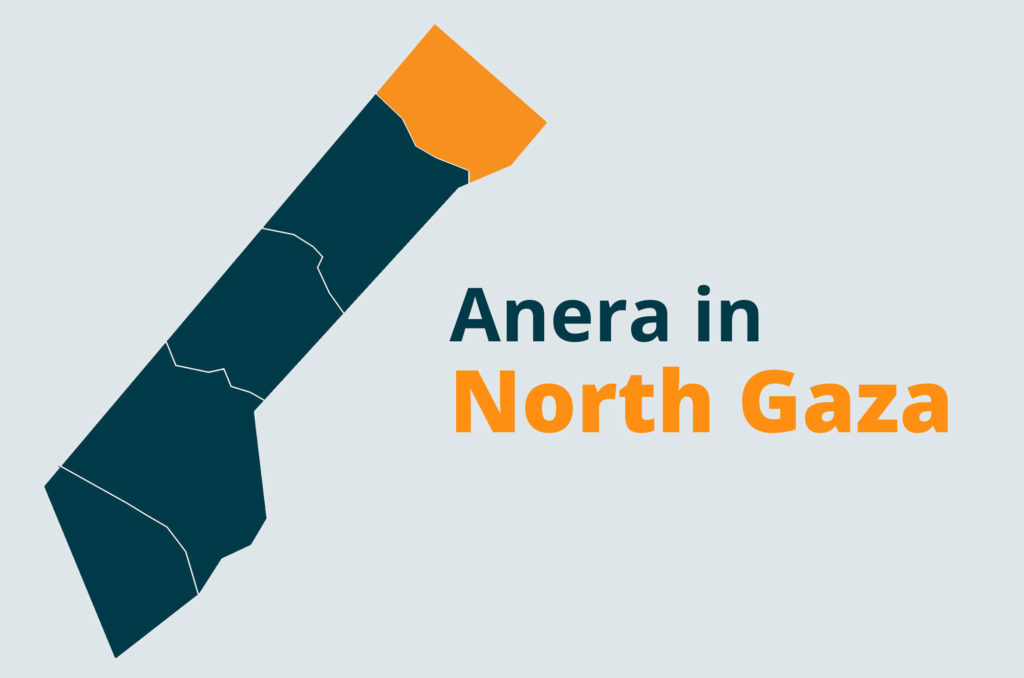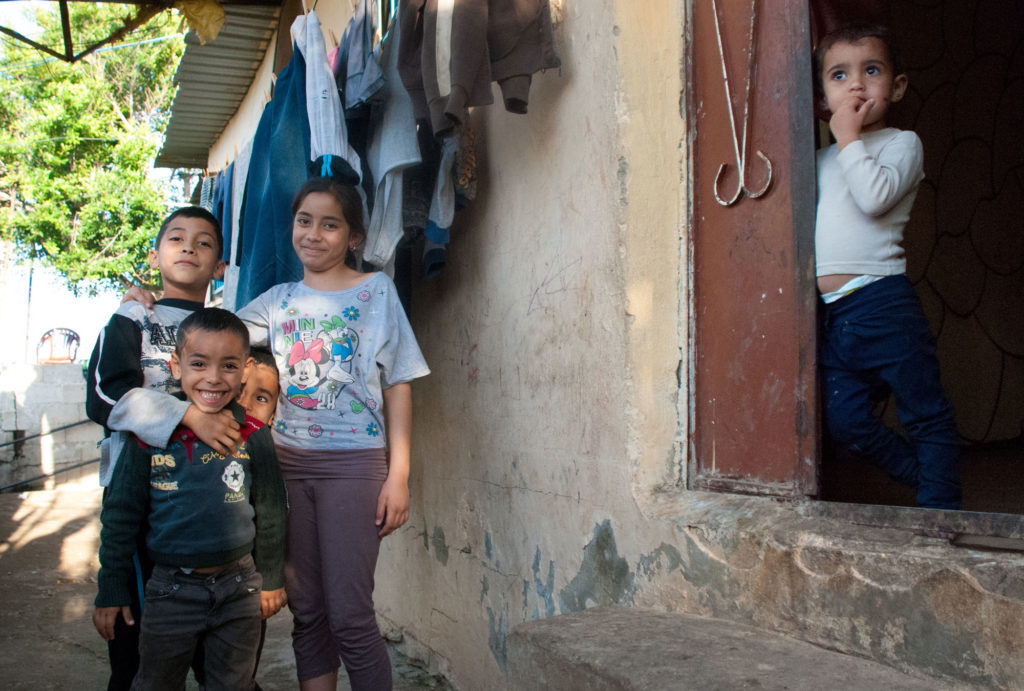COMMUNITY
Women Can! Palestinian Women are Becoming Entrepreneurs in Palestine
Anera recently had an opportunity to talk with five participants in our Women Can project in the West Bank, funded by IRUSA. The program is in its initial phase. We will continue to follow these women and their efforts through the course of the project. The first two women profiled live in Qabalan village, in the southeast of Nablus, the next lives in the Yasmeen neighborhood, in the heart of Nablus’ Old City, one lives in Qalqilya, and the last woman profiled lives in the village of Azoon, near Qalqilya.
Jul, 2019
Ablah: growing vegetables all year round
Ablah is intimately familiar with agricultural practices. She grows olive trees, as well as lettuce, cucumbers, tomatoes, parsley and radishes on her land in the village of Azoon, near Qalqilya in the West Bank.
“I was born and raised as a farmer,” she says. “I am a daughter and a wife of a farmer. Since I was little, I did everything from growing plants and weeding to tending to the plants.”
Ablah, 48, is a mother of four. Having no source of income, Ablah wanted to build a greenhouse to grow produce. She notes that a greenhouse makes sense in the rural community where she lives.
“We keep in frequent contact with local traders about our crops. For example, if they know that I have two boxes of cucumbers, they would come immediately with the pickup trucks to buy them. It is a small village. We call a grocer and they collect the produce from the greenhouses every other day and send it to Nablus and Qalqilya.”
She carefully monitors her use of pesticides and fertilizers and reads the latest guidelines on best practices for their usage. There are myriad challenges but with her greenhouse up and running, Ablah is feeling hopeful about the future.
She says the greenhouse will help feed her family. Without the support of the Women Can program, she says, they wouldn’t be able to afford to construct a greenhouse.
During Ramadan, Ablah says she grows special crops like beans and molokhia. With the greenhouse, “we are not limited by the seasons. We can plant peppers, squash and pumpkins year round.”
Johaina: telling stories through cake art
Johaina specializes in making elaborately decorated, custom-designed cakes that reflect the occasion. Hence the name of her small business: Story Cakes.
Johaina was only 15 when she got married and left school. Five years later her mother-in-law passed away. The following year, her husband fell ill and later died.
Johaina was proactive in managing her grief. “When my husband died, I told myself, I don’t want life to stop here. I want to finish school. As part of my therapy, I bought Play-Doh to release my stress making shapes. One time I did a butterfly.”
Her sister was impressed and pointed out that she could make shapes like that with sugar paste too. She took classes from a Syrian woman in Jordan.
“I discovered my talent. I was amazed. When I was little, I wanted to be a lawyer, but in the class I discovered other aspects in my personality.”
Her mother, who is visiting from Jordan, said she has awakened at 5 am to find Johaina doing work after putting her three kids to bed.
“It is me time,” Johaina explains. “Working on the sugar paste, it is like yoga.”
She began making cakes for family members.
“My sister-in-law had been hoping for a baby for 16 years. When I learned that she was expecting, I was so surprised and happy for her. So the first cake I designed after my training was for her baby shower.”
She made her second cake to celebrate her cousin obtaining Turkish citizenship. “The cake was a big achievement for me! The edges and curves were so complicated.”
She learned about the Women Can project from the Ministry of Social Affairs. Through the program she has obtained a dough mixer, an oven and other baking equipment. She made a webpage and uses social media to spread the word and already has 400 followers without running any advertisements.
Johaina is reflective about the loss of her husband. “During his sickness and death, I wasn’t sure how I would get over it. But now I focus on my work. It motivates me to achieve things.”
Johaina is upbeat about the future. “I still run the business out of my home but I have ambitious plans. I want to expand Story Cakes.”
Mayshoun: a bakery in Nablus’ Old City
Mayshoun wants to expand her pâtisserie - a French style bakery that specializes in pastries and sweets. She began the business seven years ago, selling pastries from her home. She sold to people she knew and did special orders for birthdays school events.
She wanted to expand her project in response to the glowing feedback she got for her pies. However, she was unable to secure a loan and began looking for alternative options, eventually learning about Women Can.
Her house is too small so finding a space for her shop was the first challenge.
“I was looking for a spot close to where I live strategically located near schools and with visibility to foot traffic. The place I found was piled with garbage. I worked hard to turn it into this spot.”
She wants to use the second floor for baking and the downstairs area for display. She is also planning her social media presence and creating distinctive packaging for her treats.
Mayshoun can scarcely conceal her enthusiasm for her budding business.
“Recently, a friend said she barely recognized me because my face was glowing with happiness. I told her that the dream I have been chasing is about to come true! I will have my own space! I have taken the first step. I want to sell pastries, thyme, labneh, maamoul. The sky's the limit!”
Among other equipment, with the assistance of Women Can she will buy a fridge to store perishable and seasonal ingredients like zaatar for use in her pastries.
Mayshoun lives in Yasmeen, one of the oldest neighborhoods in Nablus. She clearly adores the area.
“Walking in the old streets, you can’t take your eyes off the beautiful traditional pottery, old stone buildings and climbing plants hanging down the walls from small windows.”
She calls it a “wonderful tourist site, ancient and popular.” The oldest market in the city is nearby along with schools and Turkish bathhouses. Plus, she adds, it is “known for its kind people.”
Soon her pâtisserie will be among the attractions. For Mayshoun the opportunity feels life-changing.
“This project gives hope. It provides a path to change our circumstances. At least it enables us to be self-sufficient. Everyone has the right to have a dignified life. These projects give us the power to do that.”
Sanaa: homemade goat cheese from the Qabalan mountains
Sanaa counts her blessings, despite the hardships she has faced. “Life has taught me to put up with pain and God rewarded me with beautiful kids,” she says.
“I don’t like being lazy or sluggish,” Sanaa says. She lives with her family on a hillside facing the village of Qabalan. The mother of two children has been working since she turned 17 and has “tried every possible job. I worked in a factory, as a florist, making pastries, and finally raising goats. I realized then how connected I felt to my goats. My goat Shalabiya was my favorite.”
Unfortunately, Sanaa’s husband has a respiratory illness and is unable to earn an income. She fell into debt paying for his medical treatment and had to sell her goats. “It was so painful and my heart ached.”
Sanaa is enthusiastic about her proposed project to raise goats again. She is planning to start with 12 goats and will gradually expand the herd. She will make cheese from the goats’ milk and sell it to local villagers. The goat cheese fetches about $6 per kilo (2.2 lbs).
“We live in a very rural community. I know all about caring for goats. My father and husband also have experience raising sheep. I even helped a goat give birth.”
Her love for the land is evident. “My roots are here in the mountains where I live. Each season here has its own beauty. Every day at dawn, after my morning prayer, I head up the mountain.”
Sanaa has a small plot of land to grow vegetables. When her kids return from school, they do their homework before rushing out to the fields to pick green almonds, a popular snack in Palestine.
Like her kids, Sanaa prefers to spend her evenings outdoors. “My goats and handmade cheese are the best thing to end my day with. Now with this project, I am optimistic about the future.”
Khyria: the Qabalan baker famous for her giant bread loaves
“The only thing I know for sure is baking,” says Khyria. “To my neighbors, my bread is famous,” she says with evident pride. She mixes white and black wheat to make her own special flour mix. Sometimes she also bakes cookies with sesame, using a recipe she learned from her mother.
The bumpy roads of Qabalan village lead to Khyria’s modest house. “I have lived in this neighborhood for 30 years. I am rooted in this village,” Khyria says.
In the mornings, she and her husband like to sit on their terrace overlooking the mountains, drinking coffee. She grows onions, olives trees, sage and thyme in her backyard.
“I started baking when I was 10 years old. When my mother would leave to pick olives from the groves, I would seize the chance to bake freely. When she returned, she would be astonished by all the bread I had made.”
Khyria uses an old mud oven, much like the ones her grandmothers would have used generations ago. Khyria recalls that as a child her family “had nothing.” In her youth she began earning money by selling baked goods to her neighbors.
Her bread became “really popular” in the village. However, she had to stop baking for some years to raise her four young children.
After learning about the Women Can project, her daughter convinced Khyria to propose her bakery project to Anera. She is excited that the cash support from the program will enable her to transform her lifelong love for baking into a viable small business that will support her family.
She begins her day baking bread at 7 am. Khyria explains how she makes bread. “My process is simple, but the spirit of my bread is different. I begin with the flour and yeast, going by instinct for the quantities of each.” As often as three times a day she kneads a batch of dough by hand, shapes it into a ball and covers it, letting it rise before deflating it and preparing it for baking.
Khyria has had to take painkillers for her back pain, since kneading the dough each day is hard on her neck and back. She hopes that a new mixer will help her get rid of the pain, while allowing her to be more productive.
The bakery will be a family effort and everyone will have a role to play. Her oldest daughter will be particularly involved. Currently, she makes handles for gift bags. “It doesn’t pay well, but staying home doing nothing is painful,” Khyria observes. Her husband is in poor health but tries to eke out a living as a driver using his old car.
She did not have money for upgrades like the mixer to launch the business on her own, but she is optimistic about her earnings once she gets started. Khyria estimates she will sell about $6 to $8 worth of baked goods each day. One loaf of her kilo-sized bread sells for $1. The income is small, but it will provide a boost for her family.
Khyria says she is looking forward to the project. “The giant size of the loaves makes my bread special. This project will make baking more efficient and help keep my unique bread alive.”



